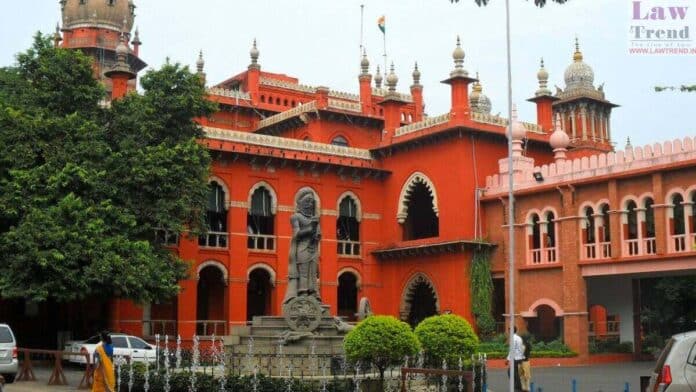The Madras High Court on Thursday dismissed a PIL seeking directions to the Central government to grant Indian citizenship to all children born in camps for Sri Lankan refugees in Tamil Nadu.
A bench of Chief Justice Sanjay V. Gangapurwala and Justice D. Bharatha Chakravarthy held that the PIL petition didn’t have details and that the authorities concerned would be able to consider the plea only when basic details such as the date and place of birth, parents’ citizenship, and so on could be submitted.
Chennai advocate V. Ravikumar, who had filed the PIL petition, said that he had made a representation to the National Human Rights Commission (NHRC) on September 17, 2022, for considering the issue of granting Indian citizenship to every baby born in the camps for Sri Lankan Tamil refugees.
Subsequently, the Union Home Ministry sent a detailed communication to him on December 14, 2022, explaining why citizenship by birth could not be claimed now, as a matter of right, by all those who were born at the refugee camps.
It stated that Indian citizenship was granted to Indian-origin Tamils as per the terms of the Sirimavo-Shastri Agreement, 1964 and the Sirimavo-Gandhi Agreement, 1974.
Other than this, the issue was dealt with under Section 5(1)(b) of the Citizenship Act applicable to people of Indian origin. However, the statutory time limit for making an application under the 1964 pact was fixed to be October 31, 1981, and the Indian-origin Tamils who had failed to apply before the cut-off date were not entitled to get Indian citizenship even under Section 5(1)(b).
Also Read
The Union Home Ministry stated that a foreigner who had entered India without valid travel documents and who remained beyond the permitted time would be considered only an illegal migrant under Section 2(1)(b) of the citizenship law.
The law, as of now, states that all those who were born in India on or after July 1, 1987 (when the 1986 amendment came into force), but before the commencement of the 2003 amendment, could claim Indian citizenship by birth only if either of his/her parents was an Indian citizen at the time of birth.
The Union Home Ministry stated that any claim for citizenship on the basis of birth would have to be made in accordance with Section 3 of the Citizenship Act. (IANS)




